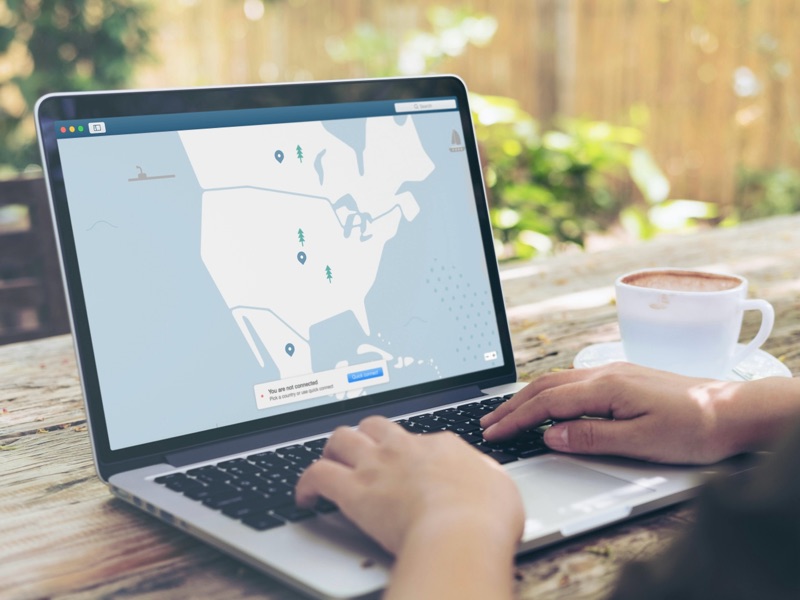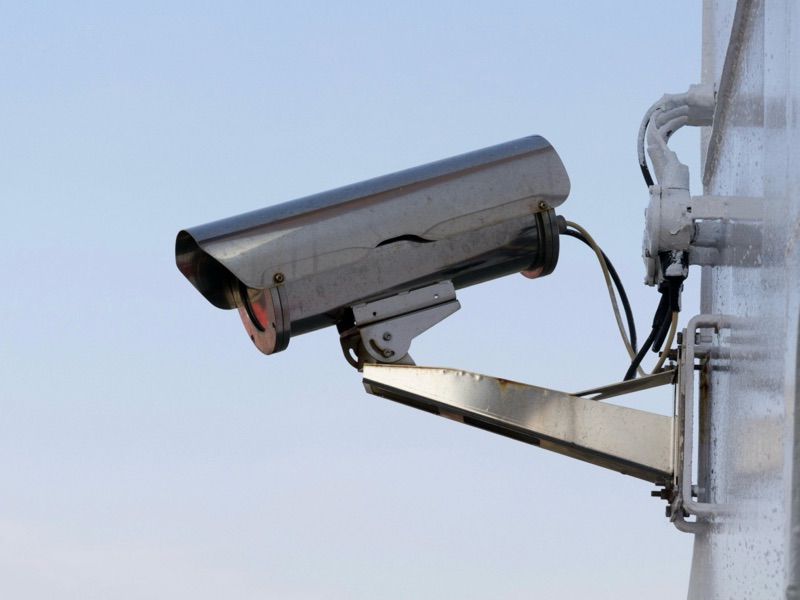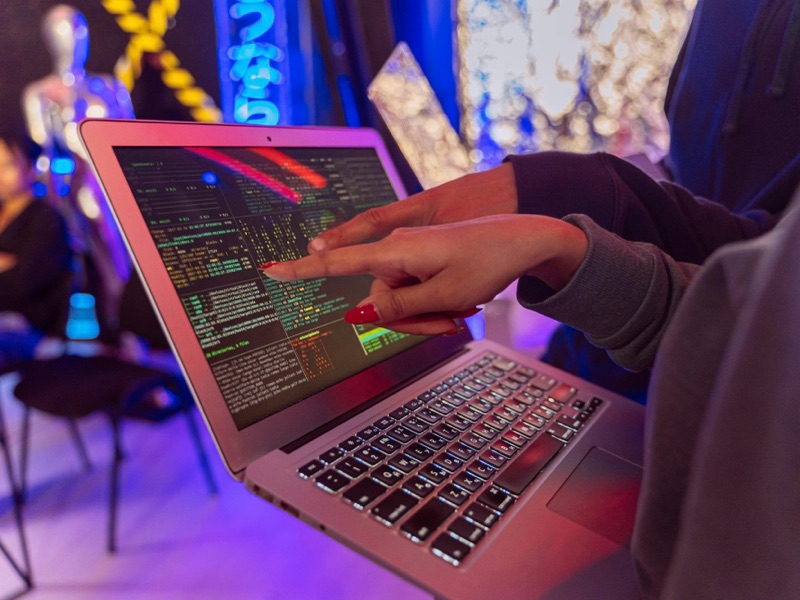In an increasingly connected world, privacy is no longer a default — it’s a decision. Surveillance is now baked into everything from our smartphones to public transportation systems. Governments monitor metadata, advertisers track behavioral patterns, and even our refrigerators can log our habits. Whether you’re trying to avoid corporate profiling, government surveillance, or just digital stalkers, maintaining personal privacy in the 2020s requires vigilance, tools, and good habits.
Most people leak private information daily without realizing it — through weak passwords, connected devices, open WiFi networks, or careless sharing of personal details. This data can be aggregated, sold, hacked, or weaponized. Even simple conveniences like autofill, smart assistants, and cloud backups come with hidden trade-offs that chip away at personal autonomy.
The good news? You don’t need to disappear completely to regain control. By combining basic digital hygiene with secure tools and behavioral changes, you can greatly reduce your exposure. Privacy today is about minimization, compartmentalization, and control — and those who take it seriously are already steps ahead of the curve.
Here are practical, actionable ways to protect your privacy — both online and in the physical world — in an era where being “off the grid” is nearly impossible.

Use a VPN (Virtual Private Network)
A VPN encrypts your internet connection and hides your IP address, making your online activities harder to trace. Whether you’re on a home network or a public one, a trustworthy VPN prevents ISPs, governments, and websites from building a profile on you. Choose a provider with a no-log policy and strong jurisdictional protection (avoid U.S.-based companies if you’re concerned about subpoenas or surveillance).
Use Tor for Anonymous Browsing
Tor routes your internet traffic through multiple encrypted nodes, anonymizing your activity. It’s slower than regular browsing, but extremely effective for privacy. Use the official Tor Browser for sensitive searches or communications — but avoid logging into personal accounts or using it for services that track identity.
Use iCloud Private Relay (for Apple Users)
If you use Safari and an iCloud+ plan, Apple’s Private Relay is a great balance between privacy and convenience. It routes your traffic through two separate internet relays, keeping your IP address and DNS requests private. It’s not as strong as Tor but is a great always-on safeguard.
Only Use Sites with HTTPS
HTTPS encrypts the connection between your browser and websites, ensuring your data isn’t easily intercepted. Modern browsers usually flag unencrypted (HTTP) sites. Avoid these, especially if they request personal or financial information.
Prefer IPv6 Networks When Available
IPv6 includes more built-in privacy protections than IPv4, such as better encryption protocols and randomized IP address assignment. Many modern devices and networks support IPv6 — enabling it when possible reduces the risk of persistent identification.

Keep Systems & Apps Fully Patched
Always keep your operating systems, browsers, and apps updated. Security patches often fix vulnerabilities that hackers and surveillance tools exploit. Delay in updates is one of the biggest security holes individuals face.
Never Share Your WiFi Password
Each person you give access to your home WiFi can compromise your entire network, especially if they have a compromised device. If you must share, create a separate guest network with isolated access.
Use a Strong WiFi Password with WPA3 Encryption
Old encryption like WEP or WPA2 is no longer safe. Use WPA3 encryption, if supported, and a long, random WiFi password. Avoid using your name, address, or common words in the passphrase.
Use Burner Phones and SIMs
Burner devices and SIMs help disconnect your identity from your activity. They’re especially useful for sensitive travel, whistleblowing, or separating different aspects of your life (e.g., dating, activism, business).
Avoid Public WiFi
Public WiFi hotspots are notoriously insecure and often monitored. If you must use one, never access banking or personal data, and always use a VPN. Better yet, use your mobile hotspot instead.

Turn Off Bluetooth and WiFi When Not Needed
Even when you’re not using them, WiFi and Bluetooth can leak data, be used to track your location, or open up vulnerabilities. Turn them off unless you’re actively using them.
Practice Proper Password Hygiene
Use long, unique passwords for every service. A password manager (like Bitwarden or 1Password) helps you generate and store secure passwords. Avoid reusing credentials across sites — it only takes one breach to expose everything.
Use Screen Privacy Filters
These simple, affordable physical filters limit screen visibility from side angles. Ideal for working on the go or in shared spaces, they reduce the risk of visual eavesdropping — especially for sensitive work.
Avoid Densely Populated Areas (for Physical Surveillance)
While not always practical, minimizing your time in crowded areas can reduce exposure to CCTV, facial recognition, and mass cell tower data collection. Urban centers are hotbeds for passive surveillance.
Stay Off Public Transport (If Possible)
Mass transit systems often incorporate biometric ticketing, cameras, and contactless payment tracking. When privacy is paramount, use cash or private transportation methods.

Enable Multi-Factor Authentication (MFA)
MFA adds a second layer of security — such as a text code or authenticator app — beyond your password. It’s one of the most effective ways to prevent account takeovers, even if credentials are compromised.
Clean Up Your Digital Footprint
Regularly delete old accounts, remove public profile information, and ask data brokers to delist your records (tools like Incogni and DeleteMe can help). Less online data means fewer tracking opportunities.
Don’t Share Emails or Phone Numbers Freely
Avoid giving out your real email or phone number when signing up for services. Use alias email services (like SimpleLogin) and VoIP or temporary numbers when possible.
Use Temporary or Virtual Debit Cards
Many banks or services like Privacy.com let you create virtual cards with spending limits. These protect your real banking data and reduce the risk of fraud or identity tracing.
Don’t Mix Work and Personal Devices or Networks
Keep work devices and email accounts isolated from your personal life. Mixing the two creates interlinked data trails that companies can analyze — or that become accessible in corporate audits or breaches.

Summary: Privacy is an Ongoing Process, Not a One-Time Fix
In the modern age, achieving perfect privacy is nearly impossible — but meaningful protection is absolutely attainable. By combining good tools (VPNs, Tor, MFA) with smart habits (device hygiene, limited data sharing, proper compartmentalization), you can dramatically reduce your exposure to surveillance and data harvesting.
You don’t need to be a spy to value your privacy. You just need to be aware, cautious, and intentional.
Comments
Post a Comment